Effective assessment practices
da Hazel Owen


1. approaches
1.1. self assessment
1.2. peer assessment
1.3. authenticity
1.4. critique
1.5. Feed forward / feedback
2. Considerations
2.1. culture
2.2. scaffolding
2.3. ownership
2.4. infrastructure
3. benefits
3.1. portability
3.2. ePFs now being accepted by NCEA
4. How
4.1. trust
4.2. multi-level
4.3. collaboration
4.4. modelling
4.5. co-construct
4.6. collaboration
4.7. reflection
4.8. type of task
4.9. measure originality?
4.9.1. contracts up front with students
4.10. non Google-able questions
5. purpose
5.1. learning experience
5.2. empowerment
5.3. assessment
5.4. showcase
5.5. development
6. drawbacks
6.1. bringing other teachers on board
6.1.1. evidence of ePf in action
6.1.2. time
6.1.3. skills
